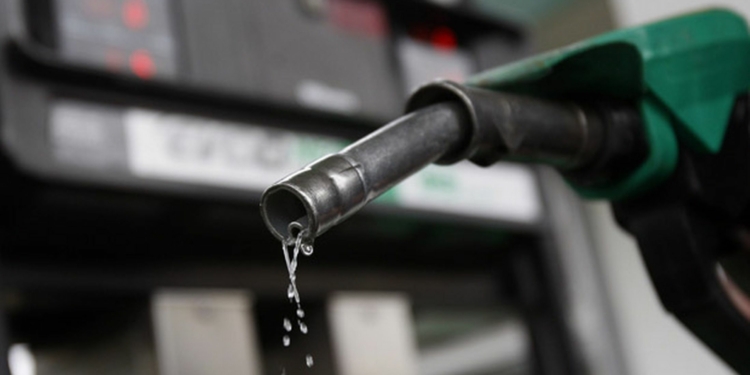-
Nigeria’s daily petrol consumption has decreased to 50 million litres, with domestic refineries supplying half and imports covering the rest
-
A new policy will ban tankers over 60,000 litres from transporting petrol starting March 1, 2025, prioritizing safety
The Federal Government has revealed that Nigeria’s daily petrol consumption has dropped to 50 million litres, with domestic refineries supplying half of the demand.
The remaining 25 million litres are imported to maintain supply stability and prevent fuel scarcity.
Speaking after a stakeholders’ meeting in Abuja, Mr. Ogbugo Ukoha, Executive Director of Distribution Systems, Storage, and Retailing Infrastructure at the Nigerian Midstream and Downstream Petroleum Regulatory Authority (NMDPRA), stated that petrol importation remains essential for supply balance.
“Let me address the issue of supply. We all experienced a yuletide without fuel scarcity. From 2021 to 2023, before the current administration, PMS demand increased yearly, peaking at an average of 66 million litres daily.
However, following Mr. President’s subsidy removal announcement on May 29, 2023, consumption declined sharply. Since then, daily consumption has averaged around 50 million litres,” Ukoha explained.
He also clarified that companies involved in domestic refining do not participate in fuel importation. “Of these 50 million litres consumed daily, domestic refineries supply less than 50%, while the shortfall is covered through imports in line with the Petroleum Industry Act (PIA),” he added.
In addition to petrol supply updates, Ukoha announced a major policy change regarding the transportation of petroleum products. From March 1, 2025, tankers exceeding 60,000 litres in capacity will be banned from transporting petrol and other petroleum products.
Despite objections from truck owners, the government insists the ban is necessary for road safety and infrastructure protection.
The National Association of Road Transport Owners (NARTO) has warned that the ban, which would affect over 2,000 trucks, could lead to losses exceeding N300 billion.
However, Ukoha stressed that the decision prioritizes safety and infrastructure integrity.
“In today’s meeting with DSS, FEMA, Federal Fire Service, Road Safety, NATO, NUPENG, MEMAN, PETROAN, IPMAN, DAPMAN, SON, and ONSA, it was agreed that from March 1, 2025, trucks exceeding 60,000 litres in axle load capacity will not be allowed to load at any depot,” Ukoha said.
He also outlined a future restriction, adding, “By Q4 of 2025, trucks carrying over 45,000 litres will also be restricted from loading or transporting petroleum products.”
The NMDPRA’s decision aims to reduce tanker-related accidents and minimise road damage. The authority collaborates with security agencies, transport unions, and industry stakeholders to ensure a smooth transition to the new regulations.





Discussion about this post